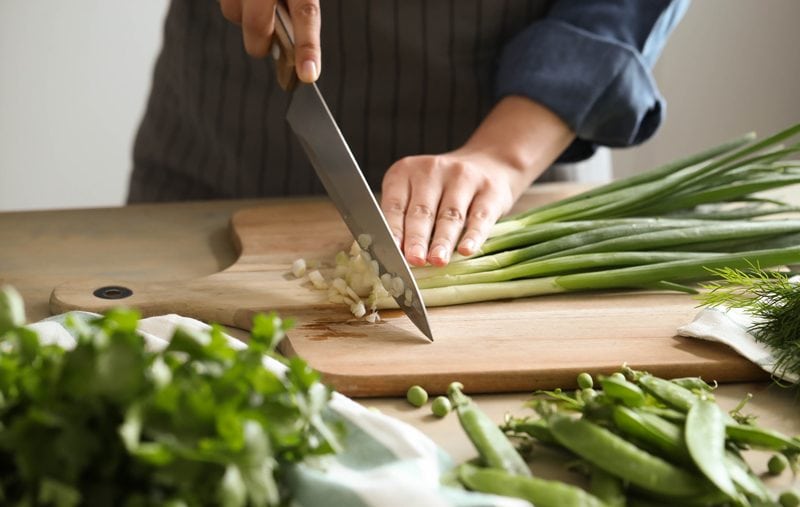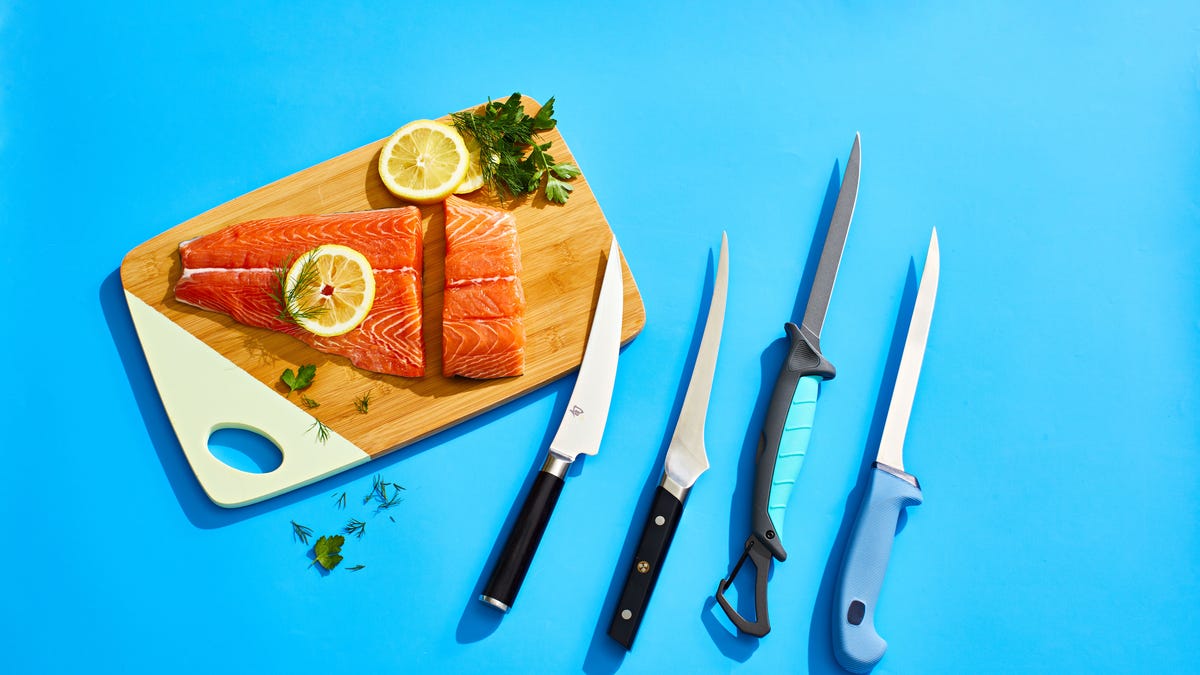For any kitchen professional, a chef's knife is the ultimate tool. With its multipurpose design and versatility, it reigns supreme in every culinary setting. But what is the best chef knife? This question sparks debates and detailed discussions among chefs, knife enthusiasts, and culinary experts worldwide. Choosing the right knife is no simple task and understanding the nuances ensures you pick the perfect one tailored to your needs.

Understanding the Chef Knife
Before diving into what is the best chef knife, lets understand this indispensable kitchen tool. A chef knife is known for its broad blade, sharp edge, and balance, making it an essential culinary companion. From slicing vegetables to carving meats, the chef knife can handle a variety of tasks with precision.
Blade Materials Matter
The material of the blade largely determines its quality, durability, and performance. Some common materials include:
- Stainless Steel: Resistant to rust and corrosion, requires minimal maintenance. A highly recommended option for home use.
- Carbon Steel: Extremely sharp and easy to hone; however, it demands consistent care to prevent rust.
- High Carbon Stainless Steel: A blend of both worlds, offering sharpness and rust resistance.
- Damascus Steel: Renowned for its durability and aesthetic patterns.
Importance of Knife Balance
A well-balanced chef knife reduces hand fatigue, allowing for precise and effortless cuts. Look for knives where the blade and handle weight are evenly distributed for maximum control.
Different Types of Chef Knives
There are various chef knives designed for different cuisines and purposes:
- Western Chef Knife: Characterized by a sturdy and curved blade.
- Santoku Knife: A Japanese option with a straight edge, perfect for detailed tasks.
- Gyuto Knife: Lighter than traditional Western knives with excellent versatility.
- Chinese Cleaver: A broader blade used for chopping and scooping ingredients.
You can learn more about how to hold a chef knife from this link.
How to Choose the Best Chef Knife
Understanding your needs is key when selecting a chef knife. Here are a few important factors to consider:
1. Handle Comfort
A comfortable grip ensures better maneuverability and reduces strain. Handles can be made from materials like wood, plastic, or composite. Check out how to clean a knife to prolong the life of your tool.
2. Blade Length
The standard length of a chef knife blade ranges between 8 to 10 inches. While 8 inches is more common, a longer blade may provide flexibility for larger tasks.
3. Edge Retention
A blade with good edge retention stays sharp even after heavy use. Regular knife sharpening can help maintain this, as explained in this guide.
4. Price vs. Quality
Invest in a reliable brand that suits your budget, but dont compromise quality for a cheaper option. A durable knife will repay its cost in the long run. Check out related recommendations in this helpful guide.
Top Brands and Recommendations
While everyone has unique preferences, certain brands stand out when it comes to the best chef knives:
- Wsthof: German-made, high-quality with a tradition of excellence.
- Shun: Japanese blades known for precision and sharpness.
- Global: Lightweight and razor-sharp, with a modern design.
- Victorinox: Affordable chef knives without compromising on durability.
- MAC Professional: Offers superior edge retention and balance.
Maintenance Tips for Chef Knives
To ensure longevity and peak performance, proper maintenance is essential:
- Always hand-wash knives and dry them immediately to prevent rust.
- Sharpen your knife regularly using either a whetstone or honing rod.
- Store your knife in a block or magnetic strip to avoid accidental damage.
- Use a proper cutting board made of wood or plastic to prevent dulling the blade.
Get insights on sharpening techniques from this detailed guide.

FAQs
1. What is the best chef knife for beginners?
If you're just starting, consider a knife like the Victorinox Fibrox Pro. It offers excellent grip, durability, and ease of use.
2. How often should I sharpen my chef knife?
It depends on the frequency of use, but generally, you should sharpen the knife every 6-12 months and hone it weekly if used often.
3. Can chef knives go in the dishwasher?
While some knives claim to be dishwasher-safe, its best to avoid exposing them to high heat and harsh detergents. Hand washing is strongly recommended.
Choosing what is the best chef knife for your needs is more than just a purchase decision; its about enhancing your efficiency, enjoyment, and artistry in the kitchen. With the right knife, your culinary creations can reach new heights. For further details and guidance, explore this insightful post on chef knife uses.
This article contains affiliate links. We may earn a commission at no extra cost to you.


























